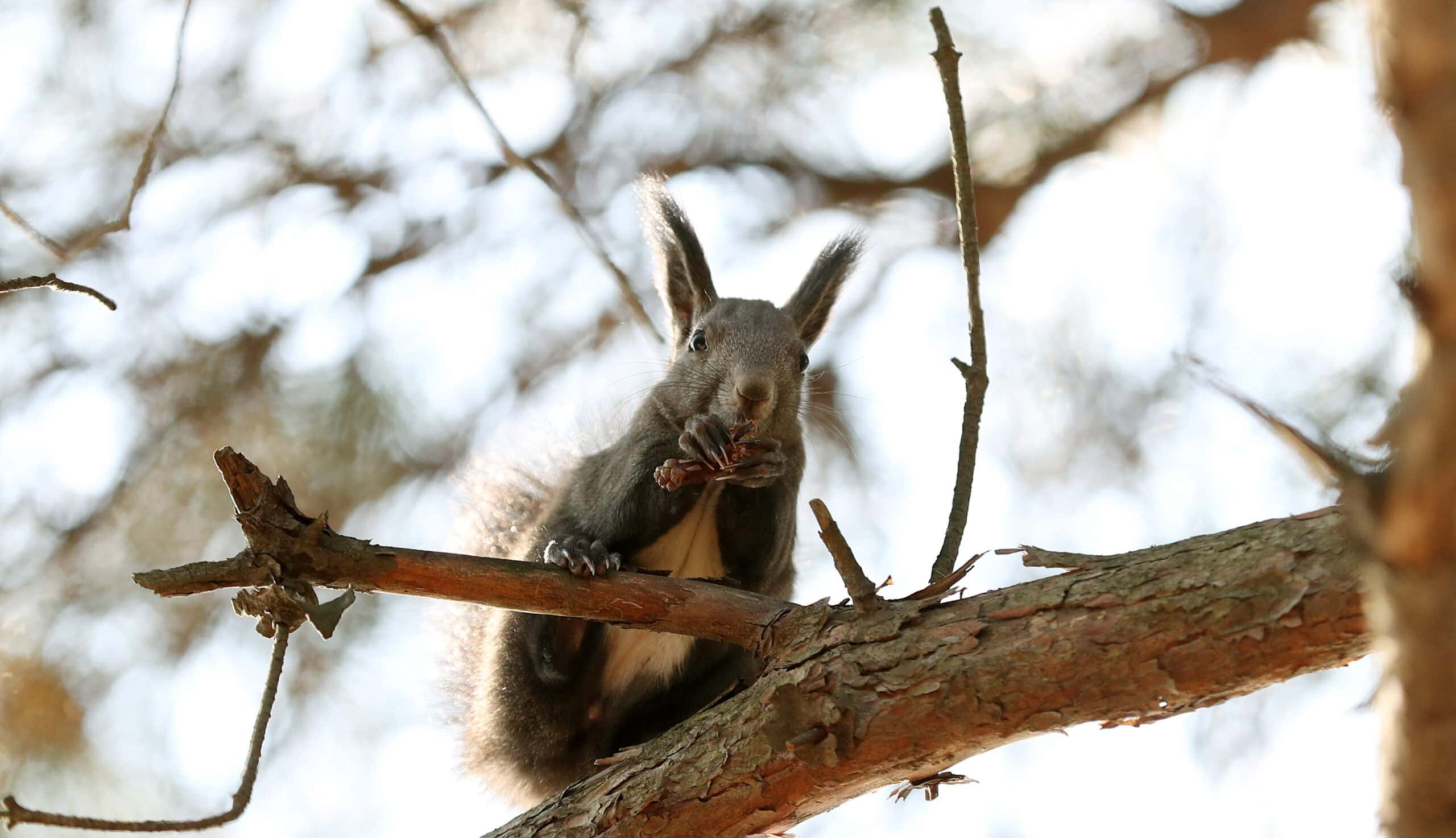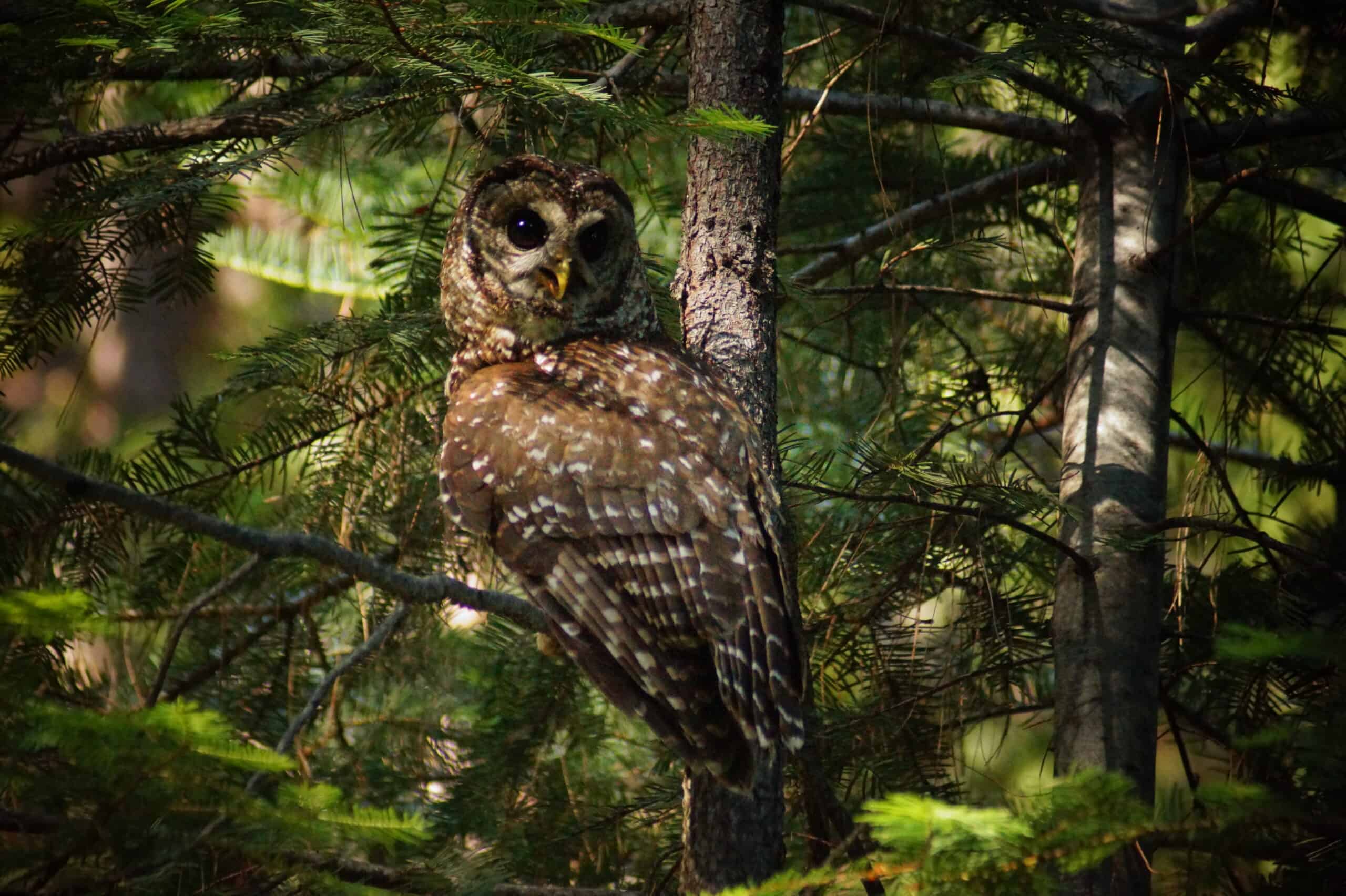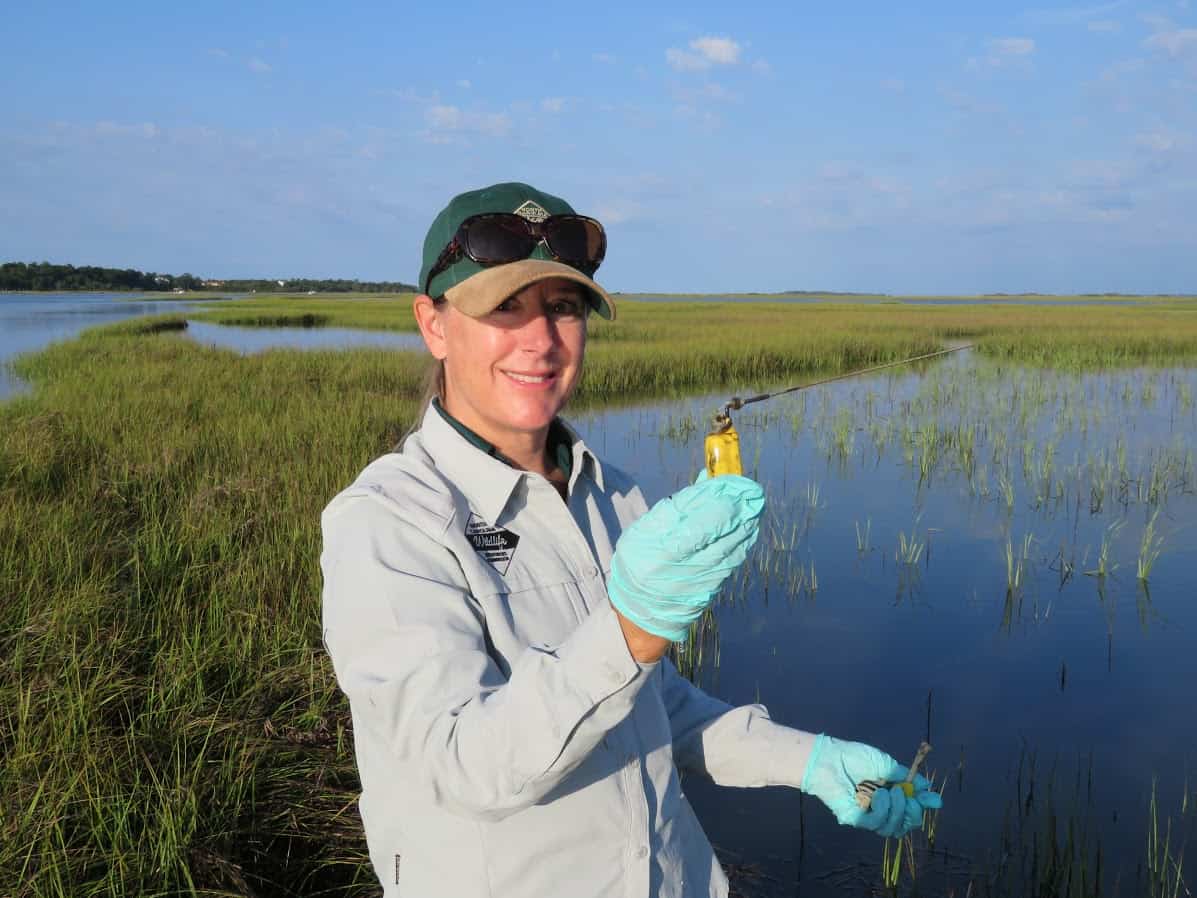Share this article
President’s podium: Expanding the Partnership at the Annual Conference
Presidents of The Wildlife Society often have a main theme they want to promote and a theme for their opening plenary at our annual conference. My presidential theme is on “partnerships” along with the theme of “Expanding the Partnership” for this year’s TWS Annual Conference in Raleigh, North Carolina. This past year, Executive Director Ken Williams and I have written a great deal about partnerships. We know that for TWS to strengthen our position in the conservation community and our voice in support of wildlife and wildlife professionals, that we must expand our partnerships.
Our work with the Association of Fish and Wildlife Agencies this year was centered on building a bridge between science and management and getting more agency biologists and managers involved with TWS. Thus, we had a team look at our Annual Conference and we incorporated more management type talks and topics into the conference. We also have three plenary and corresponding symposia scheduled on issues important to our profession.
The opening day plenary is entitled “Partnerships across the Spectrum of Wildlife Governance.” The talks will delve into increasing awareness, knowledge, and understanding of the role partnerships can play in an era of declining financial support, shifts in societal preferences, and a dynamic natural environment as backdrops to wildlife conservation. Recently, the second and third day plenary sessions were touted in the eWildlifer. The second day plenary is entitled “The Past, the Present and the Future of Invasive Species Control in North America: Achieving Success through Innovation.” Inasmuch as invasive species are a huge issue no matter where you live, I think the topic warrants attention and is the perfect example of how we can use partnerships to deal with the issue. The plenary for day three is entitled “Is Sustainable Use of Wildlife Sustainable” and will be a thought-provoking topic. Thus, whether you are in research or management, we have picked topics for the plenary sessions that should be of interest to all.
The opening day plenary topic of “Expanding the Partnership” was picked due to our rapidly growing area of partnership development. Although TWS has always worked with many agencies, organizations and groups on partnerships, we have made many of these arrangements more formal. We have gone from a handful of partnerships a few years ago to now more than two dozen. This expansion of partnerships certainly has its challenges and rewards. Thus, we felt it would be appropriate to have the opening plenary and symposium at the Annual Conference to be on the theme of “Expanding Partnerships.” Ken Williams and I have worked with Shawn Riley of Michigan State University and Megan Cross, Ph.D. student of Dr. Riley, to come up with the opening plenary session entitled “Partnerships across the Spectrum of Wildlife Governance.” We have two plenary speakers to speak about the need for partnerships and explore how to properly organize partnerships to make them most effective.
The first speaker is Shane Mahoney, President & CEO, Conservation Visions, Inc.; and the second speaker is John Beck, Associate Professor, School of Human Resources & Labor Relations, Michigan State University.
See the complete abstract for the plenary below.
“An ability to sustain effective partnerships will have important implications for the ability of natural resource agencies to meet contemporary challenges in conservation. Although partnerships vary widely in definition and practice, they generally are arrangements where sharing of power, risks, and responsibilities occurs between two or more participating actors, normally to achieve a common goal or mutual interest. Partnerships can arise between public (local, state, and federal government), civil society (e.g., individuals, community groups, and non-governmental organizations), or private (e.g., firms, businesses, and corporations) sectors. Multi-sector partnerships represent the potentially powerful intersection of government, society, and for-profit interests. In an era of declining resources from traditional sources and subsequent declines in agency capacity to achieve the conservation goals, partnerships are an act of good governance to achieve desirable future outcomes. Consistent with principles of good governance, agencies can seize opportunities to foster partnerships that create synergy between statutory or public trust obligations of government and the desire of other organizations/institutions to participate in wildlife conservation. Nonetheless, partnerships have potential to threaten or infringe on state authority over public trust resources and stretch limits of public participation. This session will discuss the need for thoughtful partnerships across the spectrum of interests in conservation and explore organizational changes that may increase the probability of successful arrangements in the future.”
On Sunday afternoon, an outstanding lineup of speakers will speak at the corresponding symposium which will include a panel discussion on partnerships.
SYMPOSIUM on “Partnerships Across the Spectrum of Wildlife Governance”
The list of speakers includes:
Speakers: Nick Wiley, President, Association of Fish and Wildlife Agencies (AFWA), and Executive Director, Florida Fish and Wildlife Commission; Cynthia Jacobson, Assistant Regional Director, Science Applications, US Fish & Wildlife Service; Robert Harper, National Director, Watershed, Wildlife, Fish, Air & Rare Plants, US Forest Service; Kimberly Andrews, Savannah River Ecology Lab, University of Georgia, and Priya Nanjappa, Coordinator, Amphibian and Reptile Conservation, AFWA; Edward Arnett, Senior Scientist, Theodore Roosevelt Conservation Partnership; Becky Humphries, Chief Conservation Officer, National Wild Turkey Federation; Mark Humpert, Wildlife Diversity Director, AFWA; Gina Main, Professional Development Director/National Conservation Leadership Institute Executive Director, AFWA; and Ken Williams, Executive Director, The Wildlife Society
See the complete abstract for the symposium below.
“The increase in complex problems in the natural resources comes at a time with reduced staff, budgets and other resources by agencies and organizations making it exceedingly difficult for them to be effective stewards of our natural resources by working alone. Learn how the wildlife profession must collaborate via partnerships to better ascertain the issues, identify strategies, and have a unified effort to ensure the future of wildlife. The proper design, function and operations of successful partnerships will be explored. The symposia session will focus on the formation of partnerships as viable inter-agency/organization tools in the ongoing struggle against many conservation and management challenges. Participants will become better acquainted with formal partnerships already established throughout North America and become familiar with some of the benefits and successes enjoyed by virtue of their creation. How do partnerships focus on effectively addressing wildlife conservation and management issues when individual partners from various agencies and organizations have different interests and priorities? How do partners work together to decide priorities? How do they get work done on the ground, but also across the landscape scale? Speakers from federal, state and nongovernmental organizations will discuss on-the-ground case studies of management efforts within partnerships which will better inform the opinion of participants regarding the value and effectiveness of coordinating response strategies across agency and organizational borders.”
We hope you come to the plenary and symposium on Expanding Partnerships.








